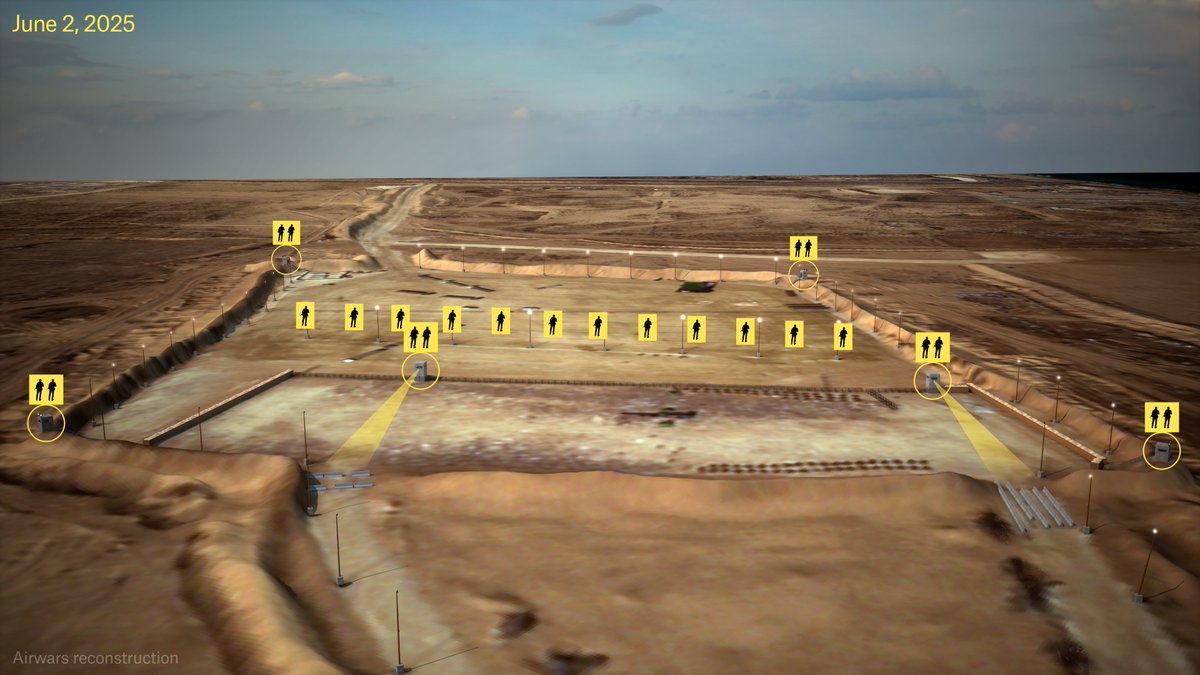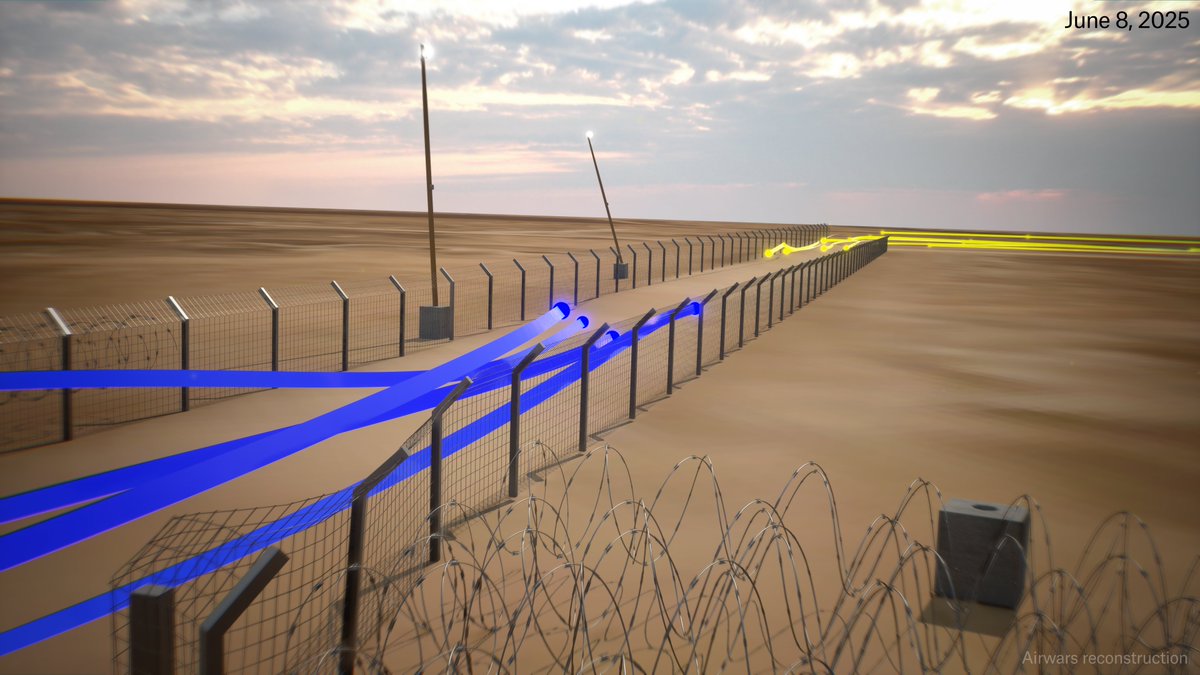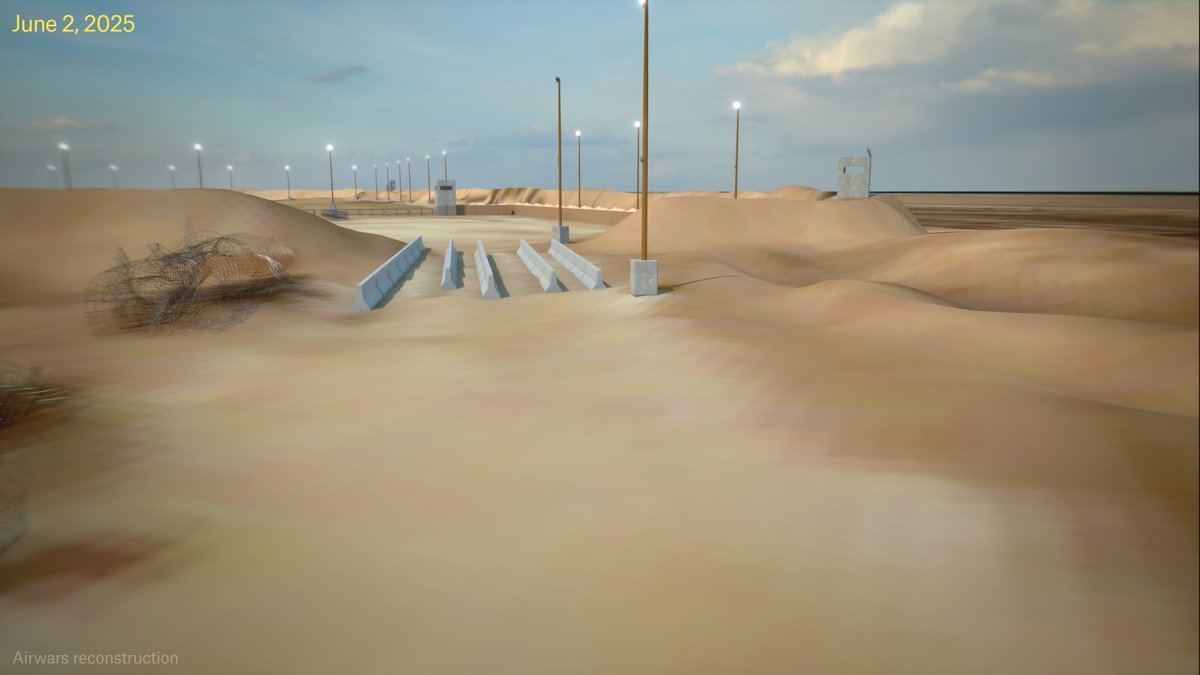Day 1 of crucial #EWIPA talks in Geneva.
This thread, updated by our team of @Emily_4319 Megan Karlshoej-Pedersen, @sanjanamv and @georgiaedwardz will keep you up to date on the crucial talks
This thread, updated by our team of @Emily_4319 Megan Karlshoej-Pedersen, @sanjanamv and @georgiaedwardz will keep you up to date on the crucial talks

@Emily_4319 @sanjanamv @georgiaedwardz Nujeen Mustafa, a Syrian who fled Aleppo after it was largely destroyed by explosive weapons, addresses delegates:
“While you’ve been negotiating whether a declaration should be made, 11,076 people have fallen victim to these weapons" she says
“While you’ve been negotiating whether a declaration should be made, 11,076 people have fallen victim to these weapons" she says
Ukraine is the first nation to speak to the delegations at #EWIPA, saying “Ukraine is on everyone’s mind these days…Entire cites and towns have been turned into ash because of use of explosive weapons in populated areas.” 

"The adoption of common positions is no longer an ideal but is a real possibility" French MP @hub_laferriere tells delegates - urging action from all sides
In powerful speech MP @StewartMcDonald calls for the text to be strengthened to add an explicit commitment to track civilian harm.
"Ask yourself what you want people in Bucha, Kharkiv or Mariupol to hear from this meeting... Accountability matters"
"Ask yourself what you want people in Bucha, Kharkiv or Mariupol to hear from this meeting... Accountability matters"

@StewartMcDonald Belgian MP @SamuelCogolati points out consensus is possible:
"In Belgium, we have built a strong and large majority of parliamentarians from across all the political spectrum,
from the left to the right, to ask you to 'avoid' heavy bombs in densely populated areas."
"In Belgium, we have built a strong and large majority of parliamentarians from across all the political spectrum,
from the left to the right, to ask you to 'avoid' heavy bombs in densely populated areas."
"When we see the images of civilians killed in Kharkiv in Ukraine, in Aleppo in Syria, in Sanaa in Yemen," says @SamuelCogolati, "the sole and only question we should ask ourselves, as political leaders, is whether we really do enough to save innocent lives."
"Explosive weapons are a legitimate and lawful means of warfare, when used in line with IHL" says the US. "This declaration cannot give an unrealistic impression." 

"The horrifying developments in Ukraine are all too reminiscent of other conflicts, such as what we have seen in Syria," says Switzerland. 

“The ICRC has documented for years the devastating consequences of heavy explosives in populated areas,” says the @ICRC, citing their recent report icrc.org/en/event/explo…
The @ICRC adds, “The suffering and devastation caused by the use of explosive weapons in populated areas cannot and should not be considered an inevitable part of conflict.” 

"As UN entities we witness everyday the short and long term consequences of EWIPA in towns, cities and populated areas," says @UNOCHA. "Civilians, not combatants are the main victim of the use of EWIPA." 

"One thing we are sure of and have collected from survivors we work with, is that the experience of living under bombing and shelling is terrifying," says @HI_federation. "It is a heavy psychological burden." 

Our side event with @HI_federation begins with @SamuelCogolati explaining how images of civilian victims moved him to act : "I don't want to just sign a letter or a petition." 

@StewartMcDonald follows, explaining the importance of the EWIPA talks – "We need to ensure we have standards fit for the 21st century." 

@hub_laferriere says that @AOAV's startling figure – that 90 % of those harmed by the use of EWIPA are civilians – compelled him to form a large coalition across French parliament with one demand : that France had to be as active as possible in this area.
@SamuelCogolati emphasises that, "We must do more than just restate International Humanitarian Law."
"There is unprecedented unity across the political spectrum around what is happening in Ukraine, and the horror of what we’re seeing to civilians,”says @StewartMcDonald. "Can we utilise this feeling to produce something?" 

The next session begins.
@CivCenter recommends additional language on the tracking of civilian harm by militaries, saying, "Based on our experiences creating such mechanisms, such a tracking tool works more effectively when it’s supplemented by information recorded outside the military."
Over the lunch break –
https://twitter.com/airwars/status/1511700720986296322?s=20&t=xvcWmsYlpr8zhsVxy8vxzg
Canada addresses the delegations, saying, "This declaration must be civilian centred and address the wider humanitarian challenges from EWIPA."
Discussing International Humanitarian Law, Finland says, "There is no legal gap around IHL, but rather a gap in compliance with it." 

"Over and over again, civilians are killed, wounded and psychologically harmed," says @PAXPoC "Their schools and hospitals destroyed, with their environment affected." 

The declaration has to make it clear that all belligerents, including non state armed groups, must take steps to address the harms to civilians and civilian objects,” says the USA, intervening for the second time today. 

The US also said, "The available data doesn’t support the assertion that there is a greater number of casualties today than in previous periods."
• • •
Missing some Tweet in this thread? You can try to
force a refresh






















